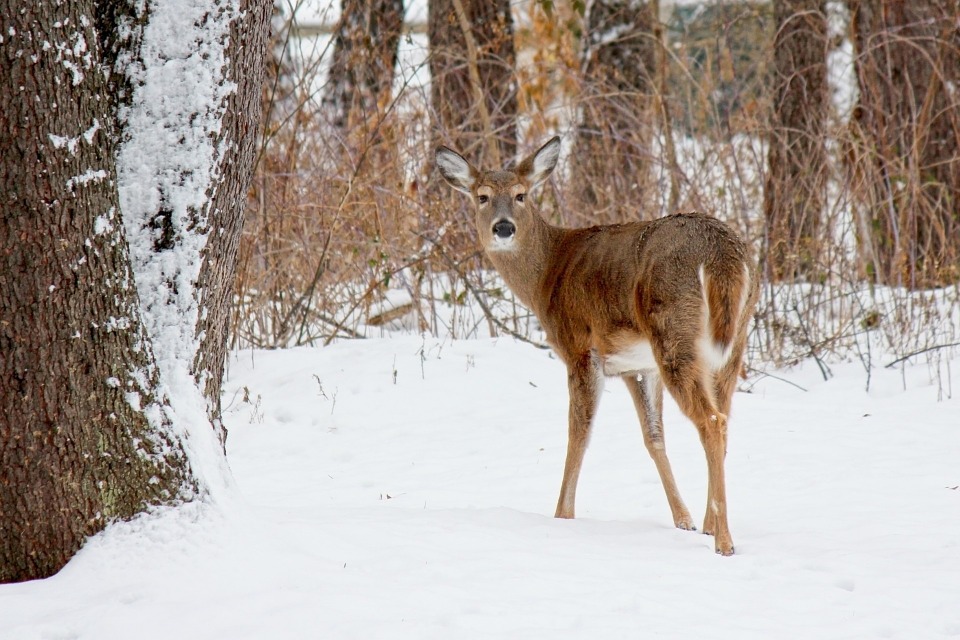The province’s wildlife veterinarian is taking the lead on investigating the first two cases of chronic wasting disease in B.C., both found south of Cranbrook.
Wildlife health biologist Cait Nelson said the provincial government has been monitoring for chronic wasting disease.
“We’ve been doing surveillance in B.C. for a number of years, anticipating that it was going to arrive here at some point,” said Nelson. “Unfortunately, we received confirmation on Tuesday (Jan 31) from our Canadian Food Inspection Agency lab that we had two samples that were collected from deer in the Kootenay region that had come back positive.”
Nelson said the illness is an infectious and fatal disease that affects the cervid family, such as deer, elk, moose and caribou.
While there is no direct evidence that it can be transmitted to humans, Health Canada and the World Health Organization recommend against eating meat or other parts of an infected animal.
Nelson said the provincial monitoring program was in place as a way to detect the disease as early as possible.
“We have a surveillance and response program that we’ve developed over the last several years with our partners and stakeholders groups,” said Nelson. “Now we have to test that plan out and follow those steps, work with all the key people and experts to do our best to try and minimize the impacts of this disease.”
Nelson said hunters have an important role in their detection plan.
“We have been working with hunters across the province, but we have some intense surveillance in the Kootenay region, around the Cranbrook area,” said Nelson. “We knew that was the highest-risk area, so we were making sure to test the animals so we could get the information.”
Hunters are encouraged to send in samples from moose, deer, elk and caribou so they can be tested for chronic wasting disease.
Even though hunting season is over, people can still help out monitoring efforts.
“If folks observe wildlife on the landscape that doesn’t look well, we certainly would like to know,” said Nelson. “The tricky thing with chronic wasting disease is that most animals that are infected don’t exhibit any symptoms.”
However, if you see animals exhibiting symptoms such as weight loss, drooling, poor coordination, stumbling, or generally sick with no obvious reason, you should call the RAPP line at 1-877-952-7277 or the B.C. Wildlife Health Program.
“When you’re observing animals on the landscape, the symptoms of CWD are not always obvious,” said Nelson. “That said, if any of the symptoms are observed, our wildlife health program would like to know about it, so we can follow up. Now that we know the disease is in the area, we want to make sure we stay on top of it.”
Previous: B.C.’s first cases of chronic wasting disease found near Cranbrook (Feb 1, 2024)


